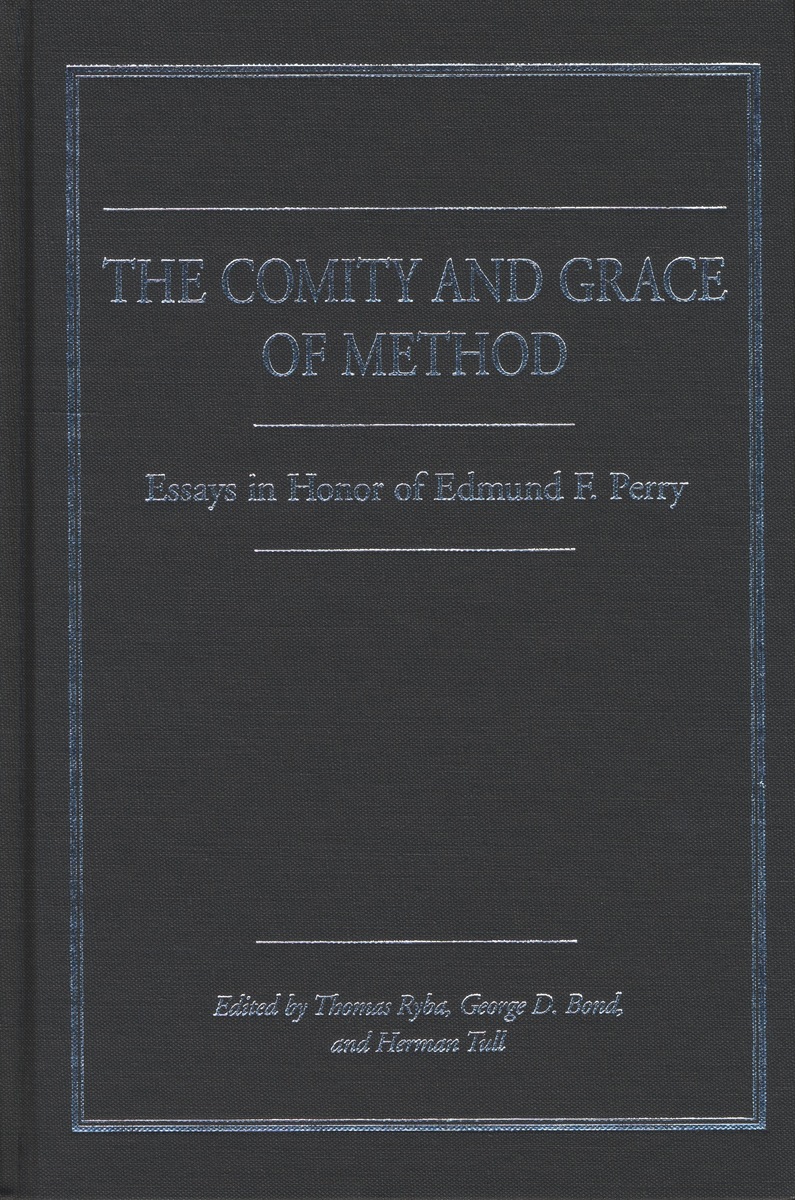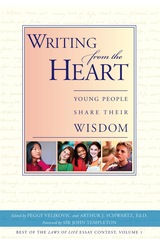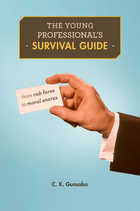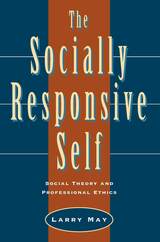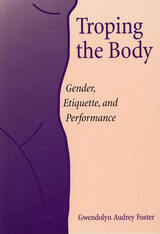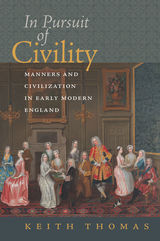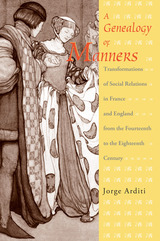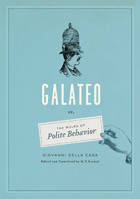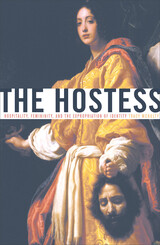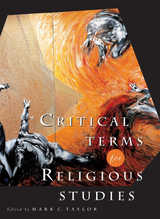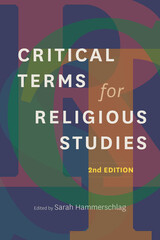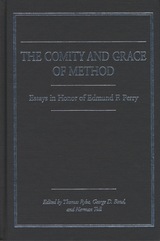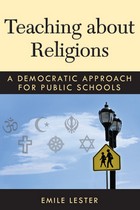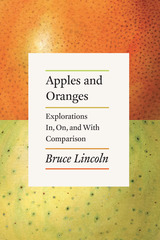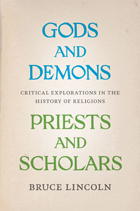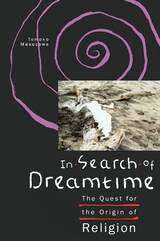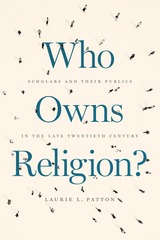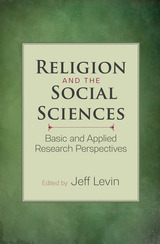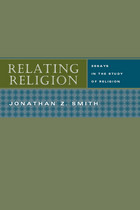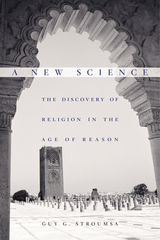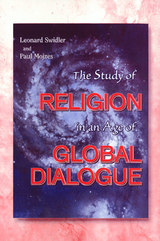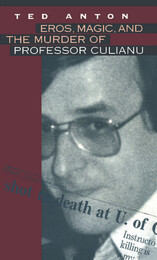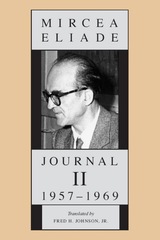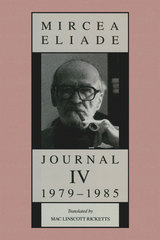The Comity and Grace of Method: Essays in Honor of Edmund F. Perry
Northwestern University Press, 2004
Cloth: 978-0-8101-1891-1
Library of Congress Classification BL41.C575 2004
Dewey Decimal Classification 200.72
Cloth: 978-0-8101-1891-1
Library of Congress Classification BL41.C575 2004
Dewey Decimal Classification 200.72
ABOUT THIS BOOK | AUTHOR BIOGRAPHY | TOC | REQUEST ACCESSIBLE FILE
ABOUT THIS BOOK
A work that at once celebrates and extends the formidable contributions of the late Edmund Perry to the study of religions, this comprehensive collection brings together three generations of distinguished scholars to consider the history, theory, and applications of the comparative method in religious study. Both the title and the content of this volume reflect Perry's conviction that the comparative religionist is morally bound to contribute to a comity of religions-the voluntary and courteous recognition of the dignity and truth present in all religions. Following the general framework advocated by Perry for this pursuit, the volume reveals the strengths of such a framework-and of Perry's lifelong interest in theory and method--for religious understanding,
The essays in the first section—"Theory and Method in the History and Study of Religion"—clarify the role of scientific, phenomenological, and comparative approaches within the history of the study of religion; collectively, they represent a multifaceted statement about recurring and subtle problems in the field. In the second section—"Theories and Methods in Application"—the authors move from overarching theoretical concerns to the application of these methods in specific religious traditions, Western and Eastern. The third section demonstrates the effectiveness of these theories and methods as guidelines for promoting global inter-religious comity.
More than a fitting tribute to a revered and highly influential scholar, this book gives even those who knew nothing of Perry and his work much to learn from and ponder about the study of religion.
The essays in the first section—"Theory and Method in the History and Study of Religion"—clarify the role of scientific, phenomenological, and comparative approaches within the history of the study of religion; collectively, they represent a multifaceted statement about recurring and subtle problems in the field. In the second section—"Theories and Methods in Application"—the authors move from overarching theoretical concerns to the application of these methods in specific religious traditions, Western and Eastern. The third section demonstrates the effectiveness of these theories and methods as guidelines for promoting global inter-religious comity.
More than a fitting tribute to a revered and highly influential scholar, this book gives even those who knew nothing of Perry and his work much to learn from and ponder about the study of religion.
See other books on: Bibliography | Comity | Comparative Religion | Grace | Method
See other titles from Northwestern University Press
